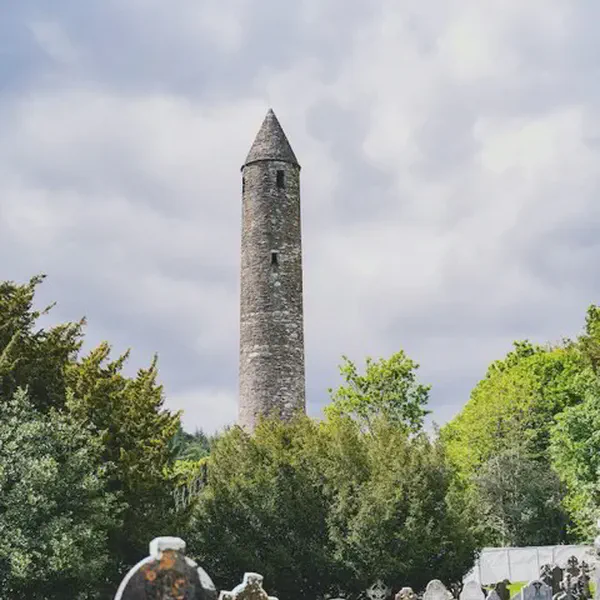On November 04, 1698 in Celtic History
Foundation of scotlands only new world colony new caledonia at darien imus of panama

In the late 17th Century, a business idea was hatched by William Paterson to create a Scottish Colony in the New World. William Paterson, a Scot whos other major claim to fame was the foundation of the Bank of England, was born in Tinwald in Dumfriesshire in 1658. He made his first fortune through international trade, travelling extensively throughout the Americas and West Indies.
His new plan was that the Scottish Parliament, following the passing of An Act for Incourageing Forraign Trade in 1693, should grant a monopoly of trade with Africa and the Indies to a Scottish trading company in a way which would harness the lucrative Far Eastern trade.
A key part of the plan was the establishment of a Scottish colony in Central America, at a place called Darien (now part of Panama), so that merchant ships no longer had to make the long and perilous journey around the Cape of Good Hope or Cape Horn. Instead, goods would be transported to the colony on the eastern site of Darien and carried across the narrow isthmus to a port on the western seaboard, where ships with exchange cargoes from the East Indies and Asia would lie waiting.
The colonists reached Darien, which they called New Caledonia, in November 1698. There they built Fort St Andrew and began to erect the huts of New Edinburgh and to clear land for growing yams and maize. However, agriculture proved difficult and the local Indians unwilling to buy the combs and other trinkets offered by the colonists. Worse still no fleets of merchant ships appeared to initiate a rich entrepôt trade with Asia and India. Meanwhile, the King had instructed the English colonies in America not to supply the Scots settlement and inadequate provisions, combined with the unfamiliar hot and humid climate, soon caused fever to spread and many settlers died. In July 1699 the colony was abandoned.
The Spanish, although not interested in settling on the unhealthy coast of Darien themselves, were by now determined to prevent other European colonists claiming their territory. Learning of this enmity, the exhausted and hungry Scots launched a successful pre-emptive attack on the Spanish fort at Toubacanti in January 1700. The Scots settlers subsequently held out bravely against blockade at Fort St Andrew for more than a month before surrendering. Decimated by disease, the colonists left Darien for the last time in April 1700.
The Darien Venture was a complete disaster for Scotland. The blow to Scottish morale was incalculable. Those colonists who returned found themselves cast as pariahs in their own land. William Paterson found himself forced to defend his actions. He partially vindicated himself with a no-holds-barred account of the colony.
Those colonists who returned found themselves cast as pariahs in their own land. It was an economic disaster too. The company had lost over £232,884, made up of the life savings of many of the Scottish people. Many Scots believed that their chance of independence had been deliberately sabotaged by the English, and the resentment this fostered played no small part in the Jacobite rebellions which were to plague the Union.
More From This Day



Birth in Hillsborough, Co. Down of Harry Ferguson, engineer, inventor, and pioneer of the modern tractor
November 04, 1884


Poet and song writer Robert Allan was born in Kilbarchan, Renfrewshire.
November 04, 1774
